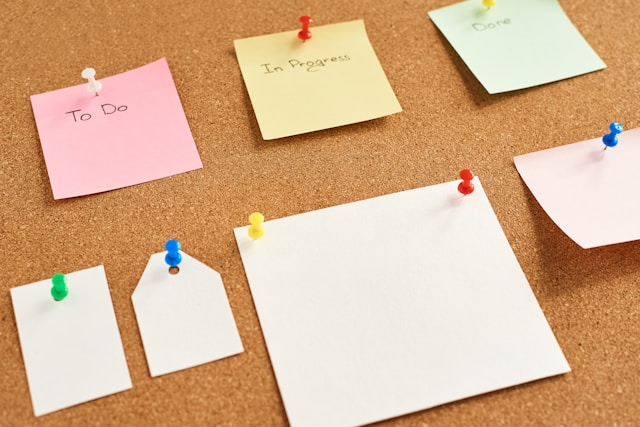In the intricate tapestry of our daily lives, where responsibilities intertwine and distractions abound, it’s natural to occasionally lose sight of important tasks and commitments. Amidst this complexity, however, lies a subtle yet potent tool that can steer us back on course: the friendly reminder. Often underestimated, these gentle nudges serve not only to keep us organized but also to foster understanding and cooperation in our interactions. Let’s delve into the art of the friendly reminder and uncover its profound significance in our personal and professional spheres.
At its core, the friendly reminder embodies empathy and consideration. It recognizes that we’re all human, prone to occasional forgetfulness and oversight. By extending a gentle nudge, it offers support and understanding, alleviating the stress of managing our busy lives alone.
One of the most striking attributes of friendly reminders is their ability to cultivate accountability and reliability. Whether it’s a subtle prod about an impending deadline or a courteous heads-up about an upcoming event, these prompts serve as gentle encouragements to fulfill our commitments. In doing so, they lay the foundation for smoother interactions and stronger trust in our relationships.
Moreover, friendly reminders serve as bridges for maintaining positive connections with others. They convey thoughtfulness and care, signaling to recipients that their time and well-being are valued. Whether it’s a reminder to catch up over coffee with a friend or a gentle prompt to collaborate on a project with a colleague, these small gestures contribute to nurturing deeper bonds and fostering mutual respect.
In professional settings, friendly reminders play a vital role in enhancing productivity and collaboration. By facilitating clear communication and follow-through, they help teams stay aligned and focused on their goals. Whether it’s a timely notification about a scheduled meeting or a friendly reminder to review a critical document, these prompts contribute to a culture of teamwork and success.
However, the effectiveness of friendly reminders hinges on their delivery. A successful reminder strikes a delicate balance between assertiveness and tact, ensuring that it is received positively and acted upon promptly. By choosing the right tone and timing, we can ensure that our reminders serve as helpful prompts rather than unwelcome intrusions.
In conclusion, the friendly reminder is a simple yet impactful tool for navigating life’s complexities and fostering meaningful connections with others. By embracing its considerate prompting, we can foster accountability, strengthen relationships, and navigate challenges with grace and understanding. So, the next time you find yourself in need of a gentle reminder or wish to extend support to someone else, remember the art of the friendly reminder—it’s not just a reminder; it’s a gesture of empathy and cooperation that can make a significant difference.
